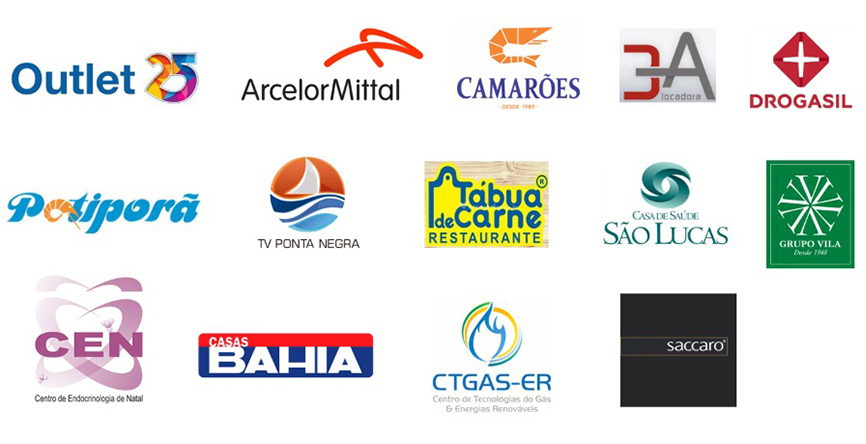Participants were asked to avoid alcohol for 24-hours and food for between 3 and 4 hours before the study. All experiments were presented using experimental software E-Prime 1.2 (Psychology Software Tools, Pittsburgh, PA). In both the Free and Serial tasks, participants were presented with 3 blocks of 15 study words on ptsd alcohol blackout a computer screen and asked to remember them. Stimuli were word lists taken from Roediger and McDermott [38], totalling 270 unique stimuli split into 18 blocks (9 blocks free recall task, 9 blocks serial recall task). Blocks for each individual task were presented pseudo-randomly, counterbalanced across participants.
Psychologist disproves testimony that Torre, Jr. blacked-out – KUAM.com
Psychologist disproves testimony that Torre, Jr. blacked-out.
Posted: Wed, 19 Jun 2019 03:01:17 GMT [source]
PTSD and Alcoholism in Women

PTSD and alcohol abuse may occur together due to the tendency of people diagnosed with PTSD to engage in self-destructive behavior and the desire to avoid thinking about the trauma. There is a small but growing literature of pharmacotherapies to treat AUD with comorbid PTSD. The conclusions from this review suggest that there is not one agent that has clear evidence of efficacy in this comorbid group. There was at best weak evidence to support the use of medications to treat AUD among those with comorbidity with PTSD.
- Learn more about how to help children and adolescents cope with disasters and other traumatic events.
- This instrument has demonstrated reliability and validity in a similar setting to this study [45].
- It is important to note that there are several limitations to the current research.
- Traumatic memories represent an exception, as they tend to stick with us as a sort of survival instinct.
- From my discussions with people who have experienced blackouts, the amnesia has nearly instantaneous onset and ending.
- Going through a trauma—whether or not you develop PTSD—can lead to alcohol use problems.
Alcohol and Substance Use in Post-Traumatic Stress Disorder (PTSD)
Studies show that the relationship between PTSD and alcohol use problems can start with either issue. For example, people with PTSD have more problems with alcohol both before and after they develop PTSD. Also, drinking problems put people at risk for traumatic events that could lead to PTSD. Stress and trauma are both causes of alcoholism, making PTSD a serious risk factor for developing alcohol addiction. When you use alcohol to deal with PTSD symptoms, you may feel better in the moment, but those feelings always return—often more severely. Prolonged blackout drinking can also cause serious problems throughout your life, which may worsen your mental health and make you even more reliant on alcohol.
Finding Treatment for Alcohol Addiction and PTSD
Combat exposure is a common source of trauma, and these wounds may not heal on their own. The VA estimates that 11-20% of the veterans deployed to Iraq or Afghanistan may have PTSD. These individuals are at higher risk to engage in unhealthy behaviors like blackout drinking, particularly if they are not receiving mental health support. The final RCT was a 4-week inpatient study conducted https://ecosoberhouse.com/ with 53 individuals with PTSD and AD (Kwako et al. 2015). This was a proof of concept study evaluating the neurokinin-1 receptor antagonist aprepitant. Neurokinin-1 receptors are found in the amygdala and hippocampus and are thought to be involved in stress-response circuitry; antagonism of neurokinin-1 receptors blocks stress responses in laboratory animals (Schank et al. 2011).
How do children and teens react to trauma?
Some studies suggest that alcohol consumption can increase the likelihood of the development of PTSD in women, due to the increased likelihood of exposure of traumatic events that occurs as a result of alcohol abuse. Finally, AUD and PTSD are two of the most common mental health disorders afflicting military service members and veterans. As such, continued research on the development of effective screening, prevention and treatment interventions for service members and veterans is critically needed. Finally, two studies in this virtual issue focus on military personnel and veterans. The first study by Stein and colleagues (2017) reports on alcohol misuse and AUD prior to enlistment in the Army, and highlights the strong association between prior AUD and subsequent development of PTSD among newly enlisted soldiers. The second study is a laboratory study (Ralevski et al., 2016) among military veterans with AUD and PTSD.
- Difficulty with recruitment may be another reason investigators have included subjects who are taking other psychotropic medications even though this complicates the interpretation of results.
- A review of PTSD and alcohol abuse statistics indicate that nearly 28 percent of women diagnosed with PTSD report concerns about alcohol abuse and dependence.
- Data from the Department of Veterans Affairs indicates that as many as 63 percent of veterans diagnosed with alcohol use or other substance use disorder also meet the diagnostic criteria for PTSD.
- One study (Petrakis et al. 2012) found that the active control, desipramine, was more effective than the serotonergic medication in terms of alcohol use outcomes.
Upcoming Observances and Related Events
Conditional disorders
- Use these free digital, outreach materials in your community and on social media to spread the word about mental health.
- In this study, we hypothesized that AUD patients exposed to potentially life threatening trauma, and those with PTSD comorbidity have an aggravated drinking problem as well as dysregulated neuroimmune function.
- To begin, two systematic reviews discuss the current state of behavioral (Simpson et al., 2017) and pharmacological (Petrakis & Simpson, 2017) treatments for comorbid AUD/PTSD.
- Dual diagnosis conditions such as addiction to alcohol and PTSD should be treated together for the greatest chance of recovery from both.
- Short-term memory is sometimes called scratchpad memory—it records events for only about three minutes before they fade.


